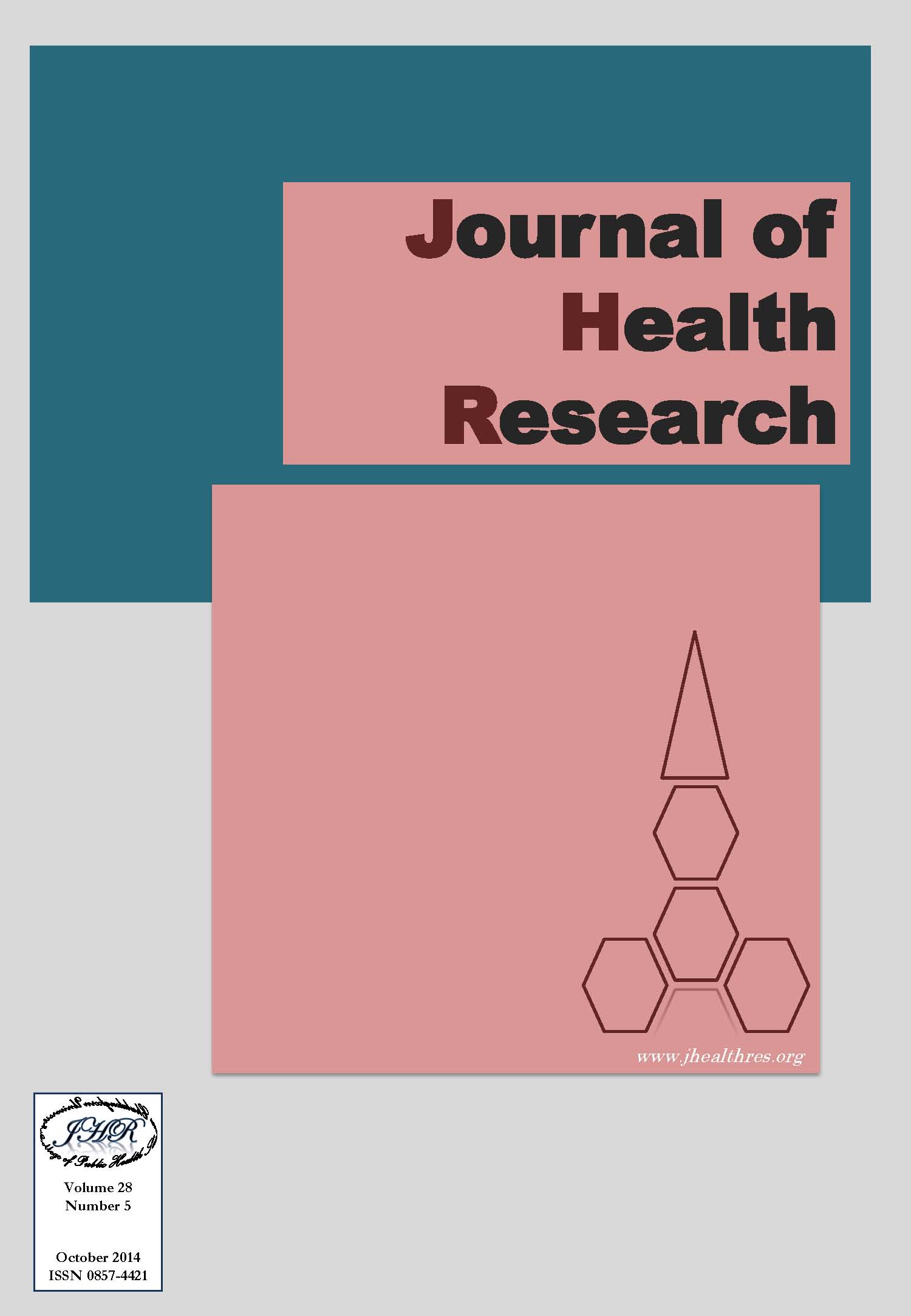Type 2 Diabetes and Cognitive Impairment: A Potential Linkage and Impact for Diabetes Self-Care
Keywords:
Type 2 diabetes, Cognitive impairment, Depressive mood, Diabetes self-careAbstract
For successful diabetes self-management, individuals must commit to lifelong daily self-care tasks such as adhering to diet, exercise, and medication regimens and checking blood glucose. The coordination of these tasks often requires complex cognitive functioning. Diabetes is more likely to be associated with poorly controlled blood sugar, which can damage vessels in the brain and lead to cognitive impairment. Despite the level of blood sugar, there are some potential factors that may evolve to cognitive impairment in type 2 diabetes. The purpose of this article is to present a review of the literature regarding potential factors of cognitive impairment in type 2 diabetes. Cognitive impairment in type 2 diabetes could be attributed to a variety of potential factors, including age, duration of diabetes, obesity, diabetic complications, diabetic treatment, advanced glycation end products (AGEs), glycaemic control, cardiovascular problems, inflammation and depression. Particularly, the co-occurrence of cognitive impairment and depressive mood has an impact on diabetic self-care management. Although cognitive decline and depression are common found in older people, it is often overlooked. Considering and routine monitoring of cognitive function and depressive mood in older patients with type 2 diabetic can ultimately lead to improvements in the long-term outcomes of self-care diabetes.Downloads
How to Cite
Trongsakul, S. (2017). Type 2 Diabetes and Cognitive Impairment: A Potential Linkage and Impact for Diabetes Self-Care. Journal of Health Research, 28(5), 365–371. retrieved from https://he01.tci-thaijo.org/index.php/jhealthres/article/view/93642
Issue
Section
REVIEW ARTICLE







